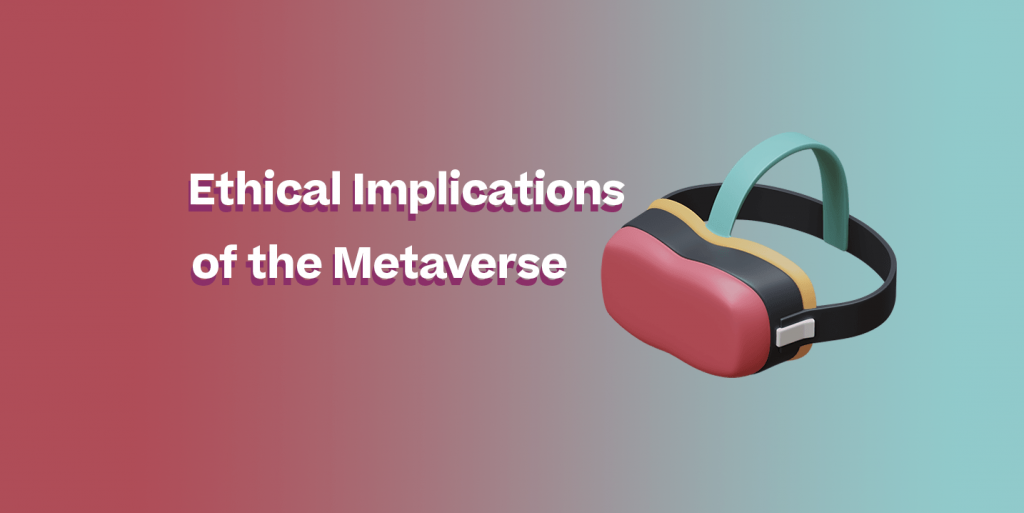
What the heck is the Metaverse, anyway?
Before we dive into the ethical implications of the Metaverse, we need to first answer the question: What the heck is the Metaverse, anyway? Is it some sort of alternate reality where we all live in virtual reality and plug in every morning like in The Matrix?
Well, kind of. The Metaverse is essentially a term used to describe a collective virtual shared space. Think of it like an advanced version of Second Life or Minecraft, where individuals can create avatars and interact with each other in a virtual world. But the Metaverse is more than just a game – it’s a place where people can work, socialize, and even attend events.
The Ethical Implications of Living in a Virtual World
Now that we know what the Metaverse is, let’s talk about the ethical implications of living in a virtual world. While the concept of a shared virtual space sounds exciting, there are some serious concerns that need to be addressed.
Privacy Concerns
One of the biggest concerns with the Metaverse is privacy. Just like in the real world, individuals in the Metaverse will likely have personal information that they want to keep private. But in a virtual world where everything is interconnected, it becomes much harder to keep that information secure.
For example, imagine you’re attending a virtual conference in the Metaverse. You might have to provide personal information to register, such as your name and email address. But what happens if the company hosting the conference experiences a data breach? Suddenly, your personal information is out there for everyone to see.
Addiction
Another concern with the Metaverse is addiction. Just like with any other form of technology, it’s possible for individuals to become addicted to the Metaverse. This could lead to serious problems, such as neglecting real-life responsibilities or even causing physical harm.
For example, imagine someone spends so much time in the Metaverse that they forget to eat or sleep. This could have serious health consequences, such as malnutrition or exhaustion.
Economic Inequality
The Metaverse also has the potential to exacerbate economic inequality. Just like in the real world, individuals in the Metaverse may have varying levels of wealth. This could lead to a situation where only the rich are able to fully participate in the virtual world, while the poor are left behind.
For example, imagine that certain items in the Metaverse can only be purchased with real money. This could create a situation where only those who can afford to spend money on virtual items are able to fully experience the Metaverse.
Conclusion
While the Metaverse has the potential to be an exciting new frontier, it’s important to consider the ethical implications of living in a virtual world. From privacy concerns to addiction to economic inequality, there are serious issues that need to be addressed before we can fully embrace the Metaverse.
Email- contact@devopsschool.com

 Starting: 1st of Every Month
Starting: 1st of Every Month  +91 8409492687
+91 8409492687  Contact@DevOpsSchool.com
Contact@DevOpsSchool.com
